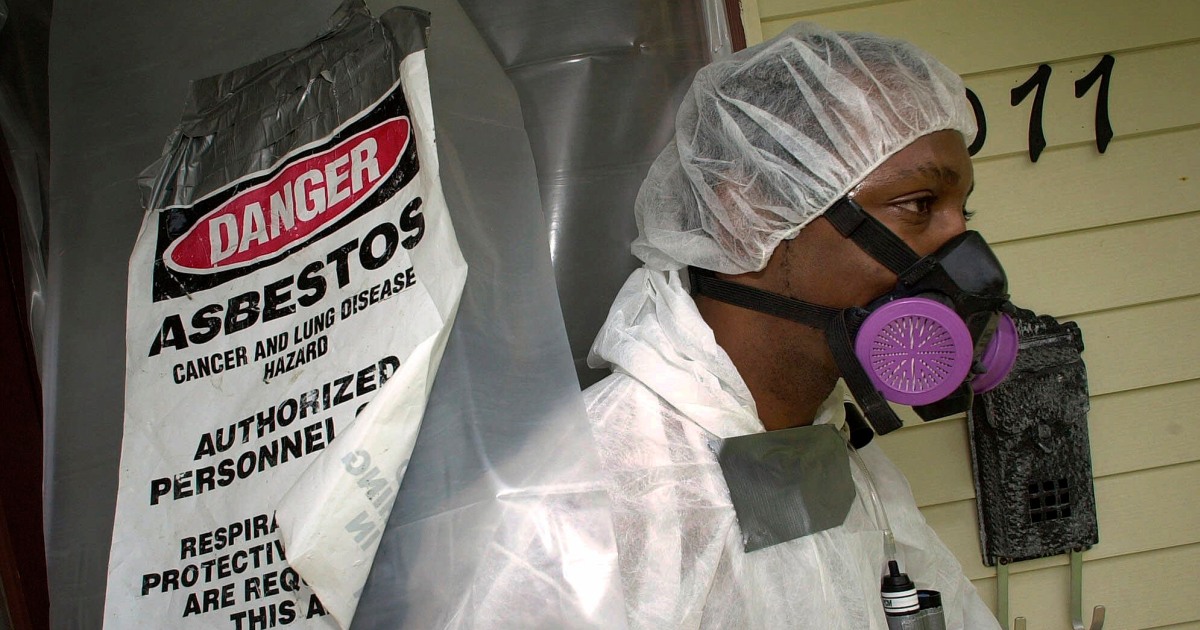Candida Auris, the infectious fungus whose spread in recent years worries the US health authorities, arrived in Spain seven years ago, specifically at the La Fe University and Polytechnic Hospital in Valencia.
Javier Pemán, head of his mycology unit, assures that in all this time they have counted "more than 1,000 colonized patients", that is, with the fungus present in the body, but "more than 100" developed candidemia, an infection serious that can cause death in a few weeks.
The fungus, which in October was included in the WHO list of the 19 most dangerous fungal pathogens, poses a potential threat to global health due to its growing resistance to drugs, its ease of transmission and its high mortality rate.
Of course, like the rest of serious infections caused by fungi, it only appears in patients with a weakened immune system, and in this case it usually spreads in hospital critical care units.
For this reason it is considered an opportunistic pathogen, since it does not affect the healthy population.
The Centers for Infectious Disease Control and Prevention (CDC), whose data contributed to the study published in the
Annals of Internal Medicine,
considers that during 2020 and 2021 the fungus spread at an "alarming rate": the number of colonized patients tripled to more than 4,040 cases, and 1,471 developed the infection, a trend that has continued in 2022 and that the study attributes, in part, due to the effects of the covid pandemic due to the "pressure" it has exerted on the health system.
The report also detects that resistance to echinocandins, the drug indicated for its treatment in the United States, has tripled.
"The rapid increase and geographic spread of cases are concerning and emphasize the need for continued surveillance," said Meghan Lyman, a CDC epidemiologist and the paper's lead author.
In Spain, the data collected by the European Center for Disease Control and Prevention (ECDC) show that cases also rose between 2020, when 260 positives were reported, and 2021, with 331 registered throughout the year.
You can see the complete report in the video that accompanies the news, in which they appear:
Javier Pemán, head of the Mycology Unit of the La Fe University and Polytechnic Hospital in Valencia.
Ana Alastruey-Izquierdo, researcher at the National Center for Microbiology of the Carlos III Health Institute in Madrid.


/cloudfront-eu-central-1.images.arcpublishing.com/prisa/FCZ46EPR6RDHOPZA7BKAA6UCTU.jpg)




/cloudfront-eu-central-1.images.arcpublishing.com/prisa/GZBJJXO3EZE2HLSP5ZRRKYYYOY.JPG)

